UN chief urges 'maximum restraint' in India, Pakistan standoff
On May 5 the Pakistan military said it had conducted a second missile test since the standoff began.
.JPG) A military personnel with the Border Security Force (BSF) stands guard, as vehicles having Pakistani citizens line up near the Integrated check post, as they prepare to leave India after India revoked visas issued to Pakistani citizens, at the Attari-Wagah border crossing near Amritsar, India, April 27, 2025. India has suspended visa services to Pakistani nationals "with immediate effect" following an attack on tourists near Pahalgam in south Kashmir. / REUTERS/Anushree Fadnavis
A military personnel with the Border Security Force (BSF) stands guard, as vehicles having Pakistani citizens line up near the Integrated check post, as they prepare to leave India after India revoked visas issued to Pakistani citizens, at the Attari-Wagah border crossing near Amritsar, India, April 27, 2025. India has suspended visa services to Pakistani nationals "with immediate effect" following an attack on tourists near Pahalgam in south Kashmir. / REUTERS/Anushree Fadnavis
Nuclear-armed foes Pakistan and India must exert "maximum restraint" and step back from the brink of war, UN chief Antonio Guterres urged May 5, as tensions between the South Asian neighbors soared.
New Delhi has blamed Islamabad for backing a deadly attack on tourists in Kashmir last month, sparking a series of heated threats and diplomatic tit-for-tat measures.
Also Read: Pakistan conducts second missile test since renewed India standoff
On May 5 the Pakistan military said it had conducted a second missile test since the standoff began.
Relations have reached "a boiling point," Guterres told reporters in New York, adding that they were at their "highest in years."
He again condemned the April 22 attack in Pahalgam that killed 26 people, calling for those responsible to be brought to justice through "credible and lawful means."
"It is also essential -- especially at this critical hour -- to avoid a military confrontation that could easily spin out of control," the secretary-general warned.
"Now is the time for maximum restraint and stepping back from the brink."
Pakistan and India -- carved out of the subcontinent at the bloody end of British rule in 1947 -- have fought multiple wars and remain bitter foes.
International pressure has been piled on both New Delhi and Islamabad to de-escalate.
No group has claimed responsibility for the attack in Kashmir, where rebels have waged an insurgency since 1989.
Pakistan has denied any involvement and called for an independent probe.
Indian Prime Minister Narendra Modi has given his military "full operational freedom" to respond and Islamabad has warned it will hit back against any aggression.
The UN Security Council was due to meet behind closed doors later may 5 at Pakistan's request over the crisis.
ADVERTISEMENT
ADVERTISEMENT
E Paper
Video




 AFP
AFP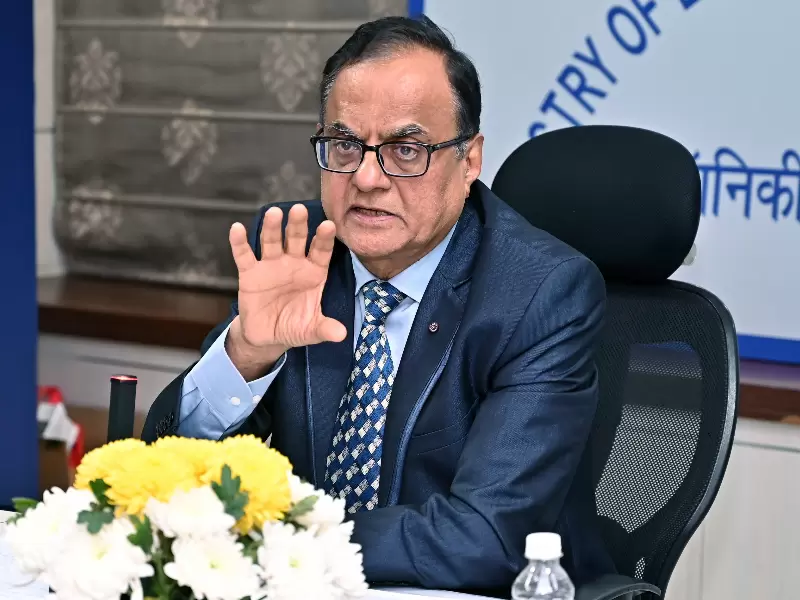
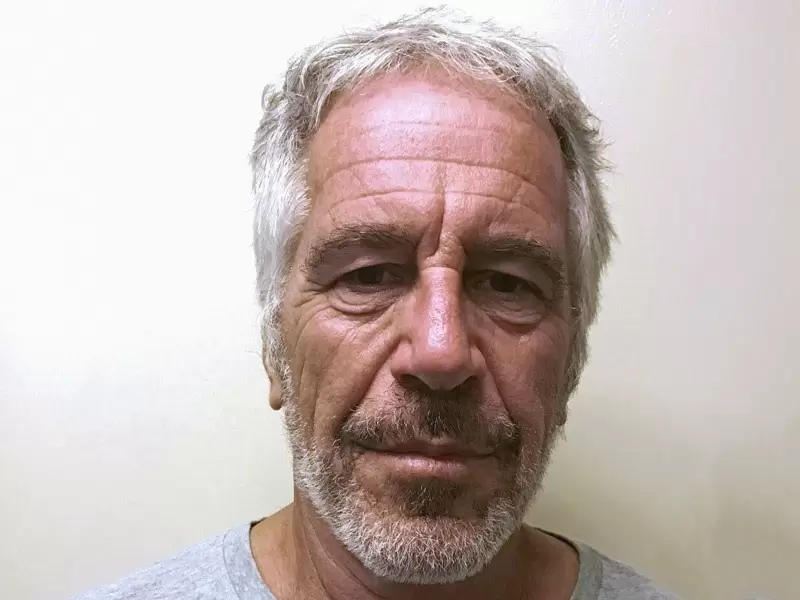
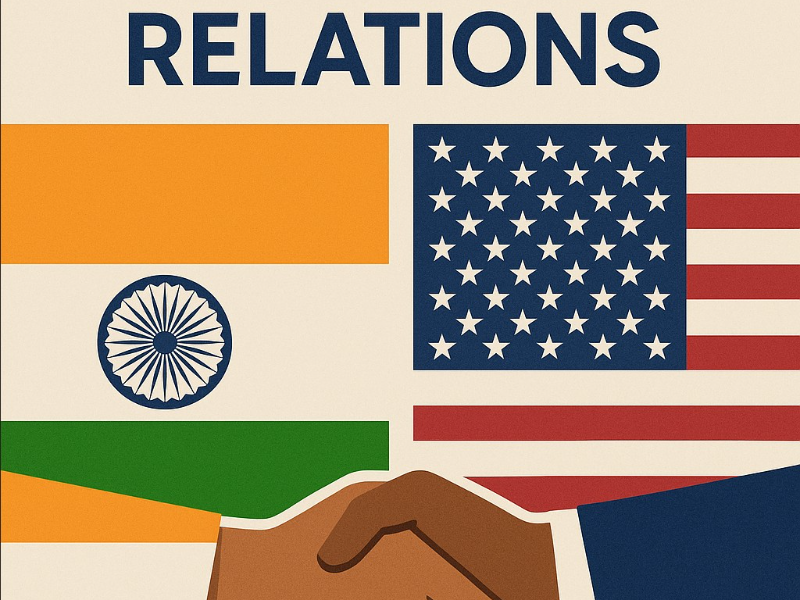


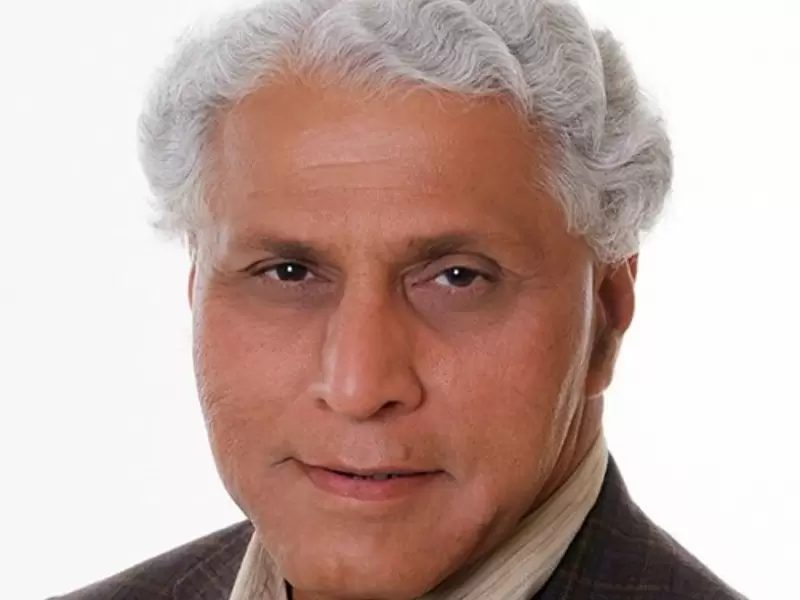
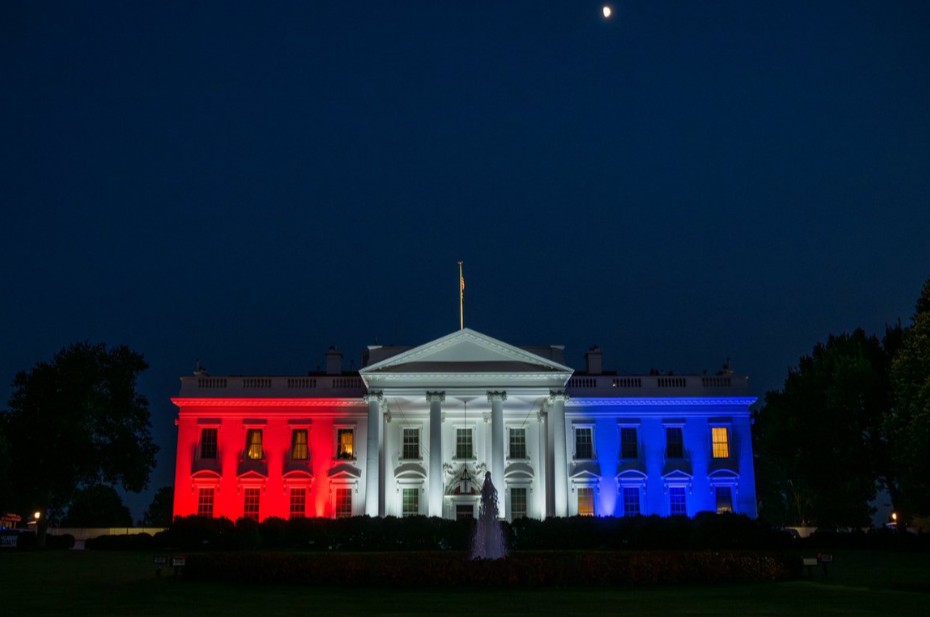
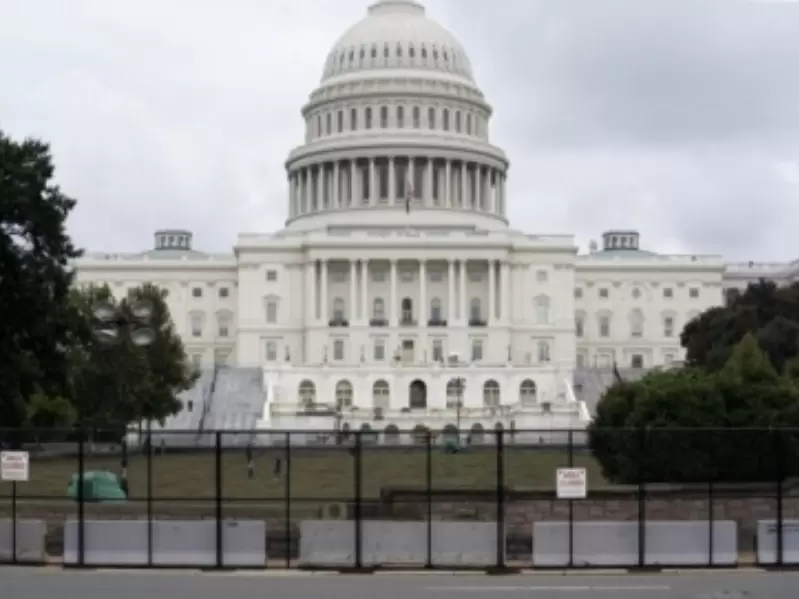
.jpg)
.jpg)




Comments
Start the conversation
Become a member of New India Abroad to start commenting.
Sign Up Now
Already have an account? Login